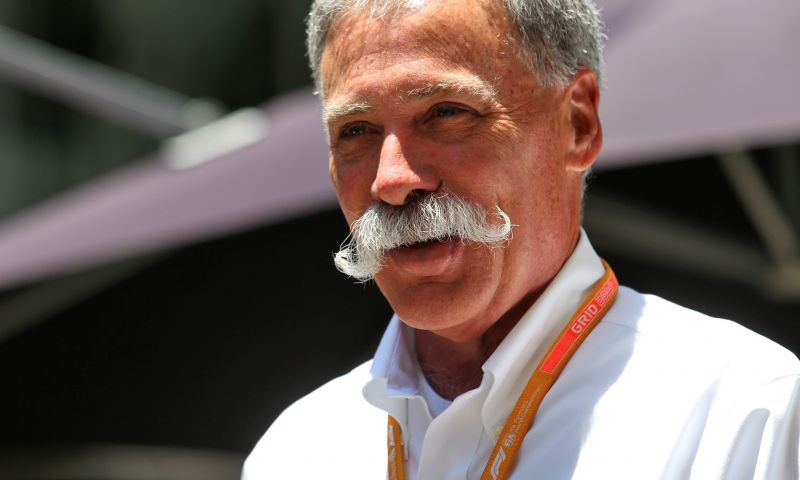Chase Carey critical of previous F1 bosses handling of problems
Interview

Chase Carey feels that F1's former bosses became too critical of the series and its problems, rather than working on ways to sort out the issues.
Carey replaced Bernie Ecclestone as F1's CEO and chairman following Liberty Media's purchase of the competition in January 2017.
The takeover saw a change in mentality and sparked a change in approach compared to under Ecclestone's reign, with expansion and growth being favoured over profits, as well as making competing for more sustainable for teams.
Carey has overseen talks with the teams over the future of F1 beyond 2020, and with the 2021 sporting and technical regulations being confirmed in October last year, the American's only concern is sorting out the new commercial agreement.
Speaking at the BHMSE conference in Baku last month, F1's chairman said many of the sport's problems needed to be addressed before being avoided any longer.
"There were things that the sport needed to get on top of that it hasn't," Carey said to autosport.com. "I do think the issue with things like costs got to a place that should have been dealt with before. I think the sport probably did not organise itself.
"I've talked about the hybrid engine and the incredible technology involved in it, and yet the years preceding us mostly was all people crapping on it as opposed to saying: 'This is the most efficient engine, it's an incredible piece of technology,' and it was really a step for the sport to deal with an important issue."
F1's approach towards the calendar has also been changed by Liberty, with their eagerness to expand into different markets around the world. Races in Vietnam and Holland enter the calendar this year, with a purposed race in Saudi Arabia and a second race in America also on the cards in the future.
"There were questions about the promoter side of our business, and I think the strength of that has been indicated and been a real positive," Carey said.
"I think the strength is first and foremost just demand, realistically. We have the good fortune of having a lot more demand than supply for races. We want to be selective and we want long-term partnerships, but that has been a positive."

